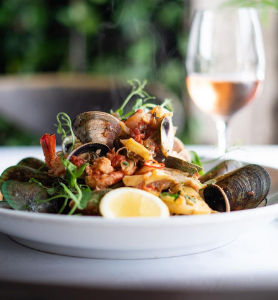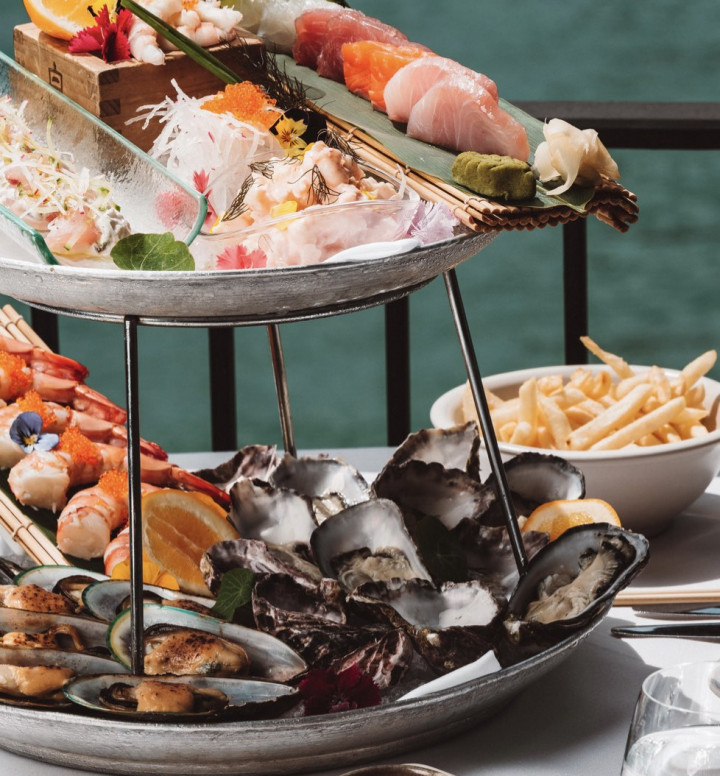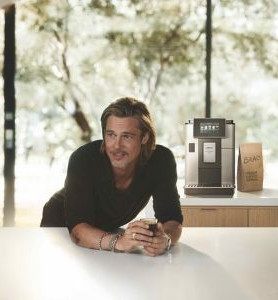Mental Health Awareness Week:In conversation with Genevieve Mora of Voices of Hope
This week is Mental Health Awareness Week, an annual campaign by the Mental Health Foundation to promote understanding around mental wellbeing. This year's theme is take time to kōrero/mā te kōrero, ka ora - a little chat can go a long way. The purpose is to encourage connection and conversation with the people in our lives, and with pandemic restrictions in place across the country, it’s never been more paramount to ‘check in’.
While checking shouldn’t be reserved for one week a year, Mental Health Week serves as a reminder of just how important and powerful a conversation can be. Whether it’s a simple call to that friend you haven’t heard from in a while or a friendly hello to a stranger, these small actions can make a huge difference.
In the spirit of Mental Health Week, Remix caught up with Genevieve Mora, co-founder of Voices of Hope, to learn how we can better nurture our own mental health right now, as well as our bubble’s.
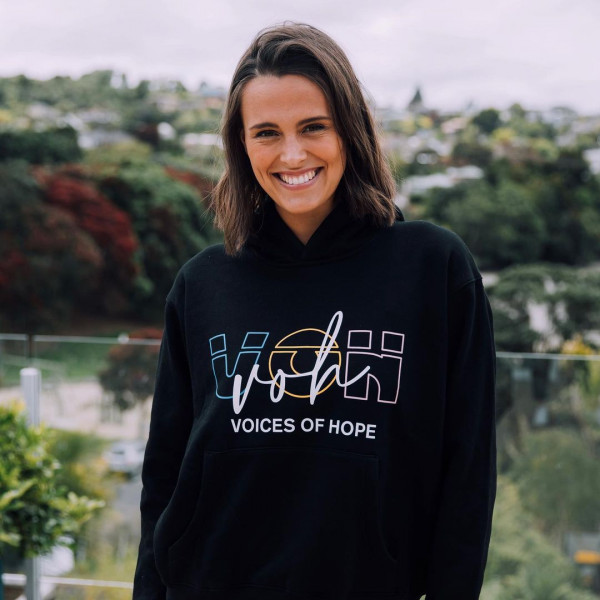
What is Voices of Hope and what do they do to help create change surrounding the topic of mental health?
Voices of Hope is a mental health charity started by myself and Jazz Thornton. Voices of Hope aims to create and influence change about mental health, whilst providing hope through the voices of those with lived experience.
We share real-life experiences through visual and written context with the aim of raising awareness, giving hope, and helping others feel less alone in their fight.
What inspired you and Jazz to start Voices of Hope?
Having both fought tough battles with mental illness, we felt the need to create something that we wish we had when we were unwell; a place to feel inspired, empowered and less alone in our fight. On a personal note, I felt SO much shame for what I went through (Eating Disorder, OCD and Anxiety) as no one was out there speaking about it. I felt isolated, as if I was the only one fighting this fight. Had something like Voices of Hope existed when we were unwell we can only imagine the impact!
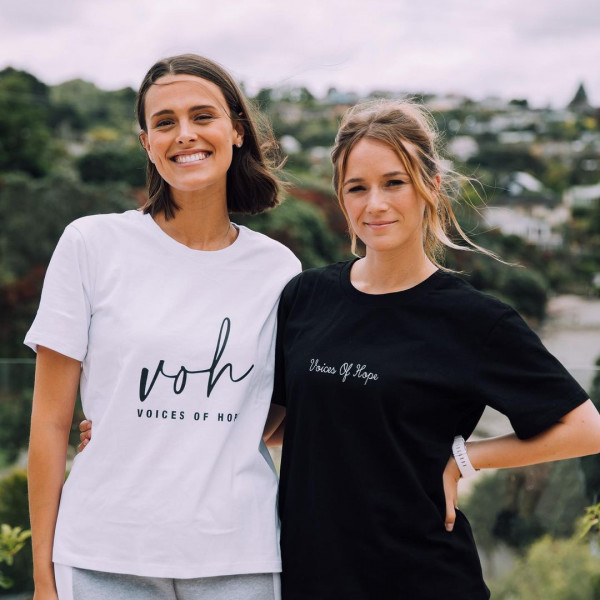
As it’s Mental Health Awareness Week, what is something we can all do to help break the stigma around mental health?
It’s mental health awareness week but mental health is something we have to prioritise and focus on every single day of the year. Mental health is something we all have and I am a big believer that talking about it, helps everyone! In the lead up to mental health awareness week, Voices of Hope launched a campaign called “How are you, really?” with the aim of encouraging deeper conversations. As Kiwis we are so good at saying those three words as a pass-away comment, but if we dig a little deeper, we create space for these conversations. Pick up the phone, call a friend, smile at a stranger. These are all little things that can make a HUGE difference.
‘Mental health’ are terms often bandied about generally - how would you define mental health?
I see mental health on a scale. We have good days, we have okay days, we have bad days, we are all humans. Having “good” mental health is the ability to be resilient.
What would you say to someone who is currently struggling but too afraid to ask for help? And, in your experience/opinion, what are some of the biggest barriers holding people back from asking?
Big question! My advice would be that people can only help you with the information you give them. If you are struggling, as hard as it may be to reach out and ask for help, staying alone in your fight is going to be harder. People care about you and want to support you. Sometimes writing it down can be easier than verbalising your thoughts. “When ‘I’ becomes ‘we’, illness becomes wellness.”
There are many barriers and we hope the work we do and will continue to do helps break those down.
Fear of judgement, stigma, the ‘what if?’ questions, ‘what's going to happen now?’ thoughts, comparison to others and not feeling worthy of support or that it's ‘bad enough’ to access care. Remember your experience is valid and you ARE worthy and deserving of support.
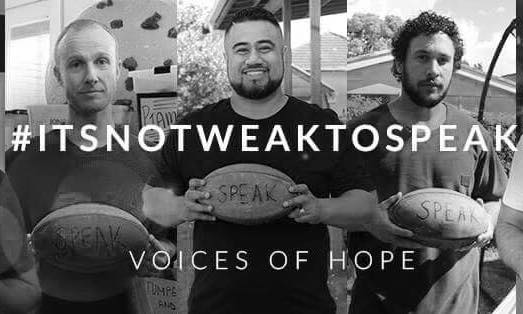
Do you have any advice to those who may know someone who is struggling but unsure how they can help?
Listen. You don’t have to give advice, just listen. Feeling heard when you’re struggling can be one of the most powerful things. Remind the person that you care, that you’re there to listen and to support them. Ask them how you could best help them. Check in with them but also remember it is not your job to fix anyone. You must look after yourself too.
Could you tell us a bit more about the most recent Voices of Hope campaigns ‘You Wouldn’t Say It To Their Face’ and ‘How Are You Really?’
As social media has become more prominent, there has been an increase in the rates of cyberbullying. Cyberbullying is known to cause psychological, emotional and physical stress. It has a huge impact on mental health.
The ‘You wouldn’t say it to their face’ campaign highlights the effects of cyberbullying, through a lived experience lens, whilst raising awareness of the seriousness of this issue in New Zealand and globally. We interviewed some amazing people who have been victims of cyberbullying, as well as did a social experiment highlighting their experience and the tools they used to get through.
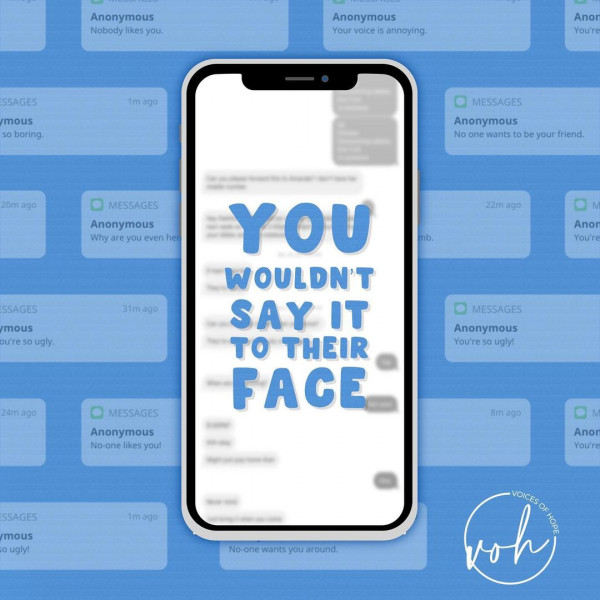
‘How are you, really?’ is a campaign to challenge people to be vulnerable. Somewhere along the way these three words have become a greeting rather than a genuine enquiry. What if, when someone asked us how we are, we used it as an opportunity to be vulnerable, to be honest and to open up? Imagine the conversations and change that could come from that!
We created 32 days of conversation starters, and got some epic Kiwis to share them through video, via our social media with the aim of encouraging the VoH community to have deeper conversations. We also released t-shirts, beanies, totes and popsockets to raise awareness and to get people to stop and think.
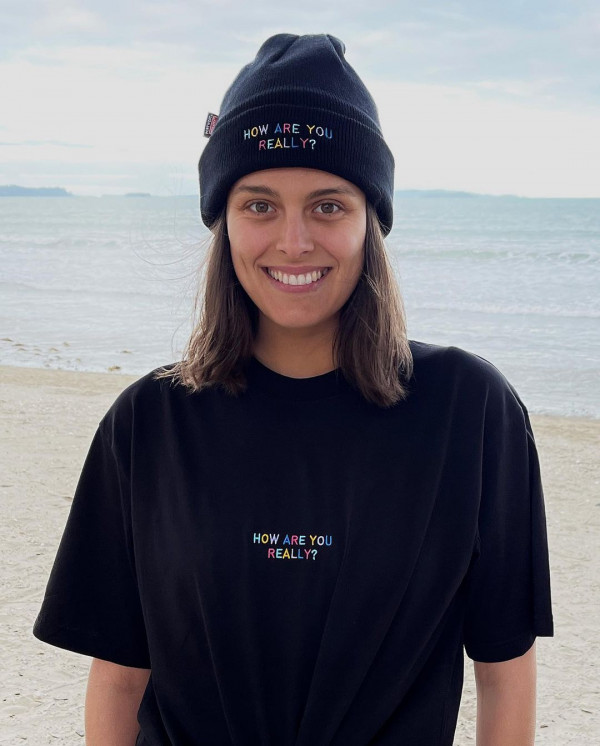
Lockdown has been an extremely hard time for a lot of people. What are some tools you find help to support your own mental health in times of uncertainty?
Lockdown is a tough one and a big thing that I have been working on is focusing on the things I can control (what time I get up, connecting with friends etc.) and not the things I can’t (like lockdown and Covid). I find routine is really important for me, so having little daily tasks that I can do so that I don’t feel completely lost. I am lucky to still be working, so a big thing for me has been practicing self care like watching Netflix, going for a walk or practicing gratitude.
Anxiety has been a common shared theme this past year. We hear a lot about anxiety during lockdown, but what coping with post-lockdown anxiety as a result of restrictions lifting? Is this something you’ve encountered?
Oh I feel this. I heard the term 'reintegration anxiety’ recently and I am already feeling it. Anxiety is still something I manage here and there, and lockdown definitely turns it up a notch, however I feel SO lucky to have all the tools and experience I do to be able to get through it.
I think a big thing is you’ve just got to try and be kind to yourself and remember you’re not the only one feeling this way. Just like you’ve got through it before, you will get through it again.
I have tried to use this time to put personal boundaries in place that I can take with me once we re-emerge back into the world. Things like: not overcommitting, being okay with saying no, not responding to emails after 8pm. Practicing now will help smooth that transition.
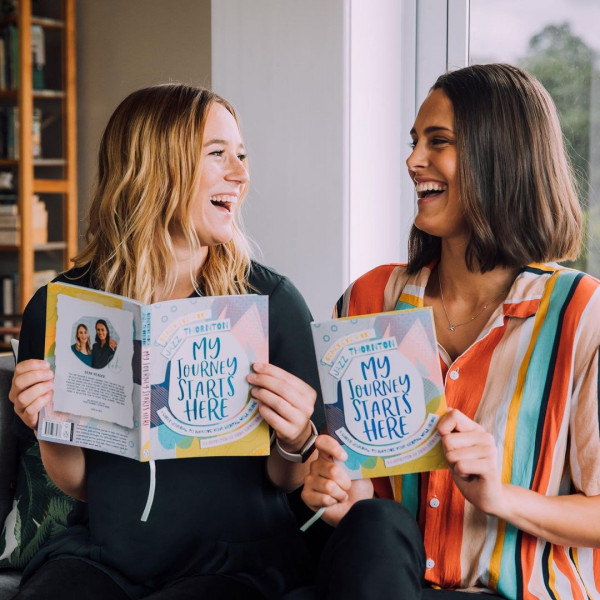
What are some strategies you’d recommend to people for coping with anxiety after lockdown?
- Talk to people. Share how you’re feeling. It truly helps
- Ease back into things
- BREATHE
- Set little goals and things to look forward to!
- Be kind to yourself!
And finally, how can we get involved with Voices of Hope this Mental Health Awareness Week, and any other week of the year?
The best way to support Voices of Hope is to share our messaging, our content, our videos that we release on all social platforms. One person sharing our content, means it reaches a whole new group of people and who knows who needs the support. A simple share may save a life - we’ve seen it happen!



